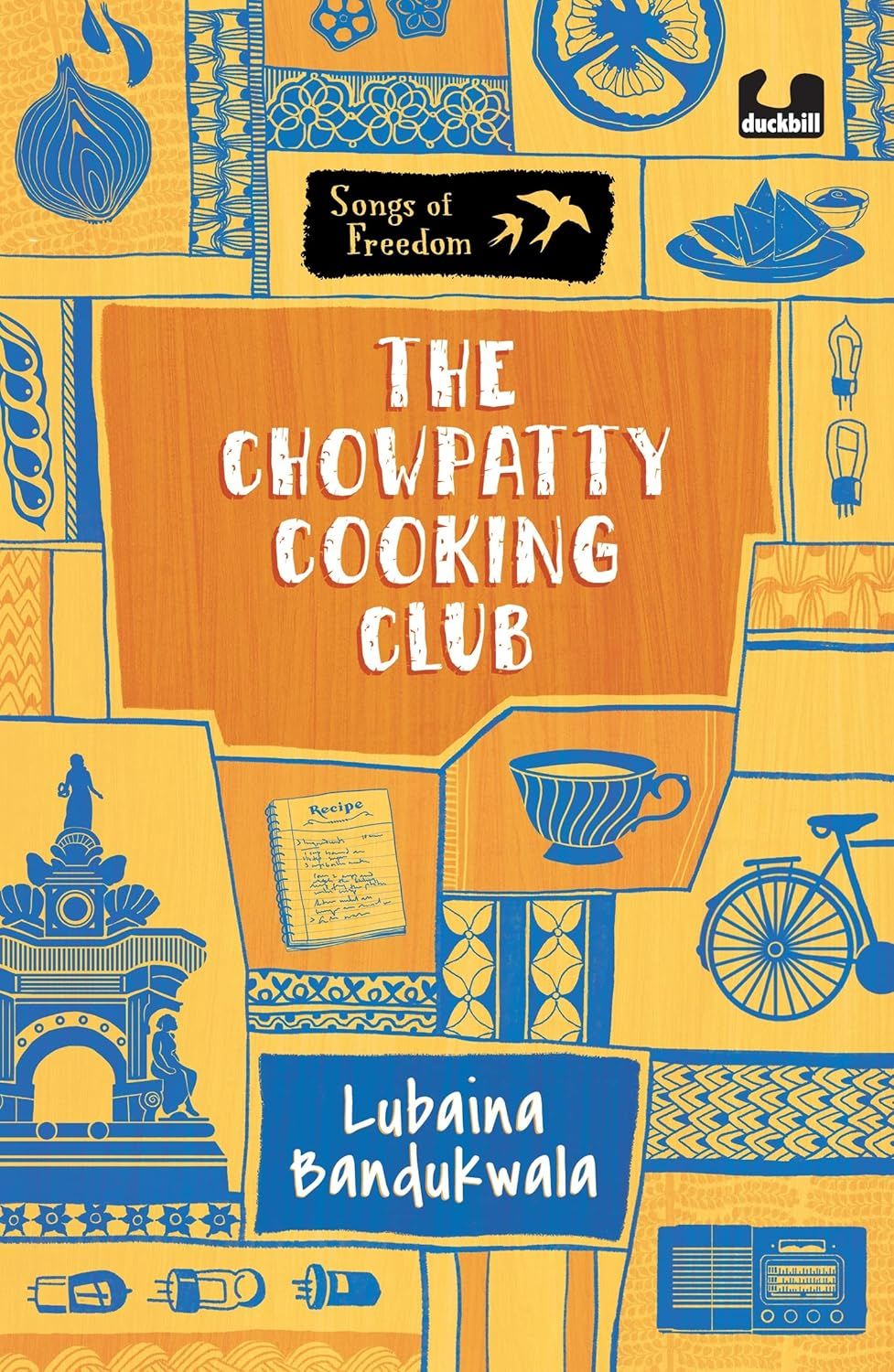Unlocking Indian History Through Problem Solving...
- TalkingCircles

- Jun 5, 2025
- 4 min read
What would it be like to be in a time when there was no Internet, WhatsApp or even T.V? What if you have to send an important message to a lot of people? What would you do?

At first, the Indian History element wasn't added to this hypothetical situation. 3 possible scenarios from the young readers, came up.
Are we time travelling? If yes, our memory would be intact and we can build these technology in the past time thus solving the problem of communication.
If we go back in time when we weren't even born, we can survive by asking people living then how they manage to send messages to a lot of people.
This needn't be the past. This can happen even today. Say there is a storm then all these 3 options may not even exist. The problem becomes complex. We will have to make boards perhaps? But that too may not work...
New element added- Set in 1942- Quit India Movement
All the young readers at the Young Readers' Club, are familiar with the freedom struggle and the great freedom fighters such as Mahatma Gandhi, Nehru, Sarojini Naidu, and so on. Just as any other country's history, apart from the great leaders of the freedom movements, there are a lot of common people who came forward to make the movement a success. Without their participation, the work would have been much harder. We went back in time to the Quit India Movement, 1942.
Newspapers and the Radio were the most prominent means of reaching to many people at the same time. But these were controlled by the British. News about what was happening in the country was often distorted by the British to their own benefit thus misleading the masses. This was detrimental to India's freedom struggle, especially when the leaders were being captured and imprisoned. The entire country had to come together and have a tough stand.
Freedom fighters needed a way to reach the masses. Organizing speeches for instance meant sharing information without the British knowing was paramount. Common people came up with ingenious ways to keep the messages flowing without the knowledge of the British. Perhaps one of the most severe blows that a country could come up with at the time.
Given this situation, what would be the best way to solve the problem of communication?
The young readers put their heads together to come up with solutions to solve this problem. At first, they drew connections with stories that they have read and movies that they have watched. The discussion gradually turned into something a lot more fascinating as bright ideas started to pour in.

What started with carrier pigeons and risks involved, moved to posting letters, to writing secret coded messages and finding ingenious ways to send them. A young reader quoted a story from the Hindu Young World about a little girl who had thick hair, so thick that a comb could get lost in it. Her mother hid a message in the girl's hair bun to be sent to a freedom fighter. Another reader suggested sending messages in fountain ink pen packs. The idea that was pretty clever went in the lines of rolling up the message in one of the fountain ink pens and smearing it with ink to make it appear that the pen is leaking! That was to be a sign for the recipient. "Or how about this. Write messages using invisible ink on paper used to wrap paper bouquets? Later use lemon juice to reveal the secret message?" The plot thickens here.

It was absolutely heartwarming to see the young readers contemplate solutions for a time set in India's history? This was a perfect time to introduce Usha Mehta and Congress Radio to the group. With this preface, we are now ready to hear all about the amazing book, Chowpatty Cooking Club by Lubaina Bandukwala, who will be coming soon to the Young Readers' Club. :)
If you found this article to be useful and would like similar articles sent to your inbox, click on the button below to stay informed.
The Young Readers' Club is a book club for the 8-12 age group. We also do vocabulary building activities and mini writing lessons for a little variety!
Writing programs for the 9-12 age group- Young Writers' Club Jr.
The Young Writers' Club program for the 13-16 age group offers a weekly platform to read and discuss curated articles from the news, observe writing approaches and practise one's writing skills.
NEW! Tween Tribune is an online magazine for the Young Writers' Club (Jr.) program for tweens. Weekly updates of our discussions are published. Once in 6 months, the best of writing by the tween members is made available to read.
NEW! Musings from the Young Writers' Club is an online magazine showcasing the work we do at the Young Writers' Club.




Comments